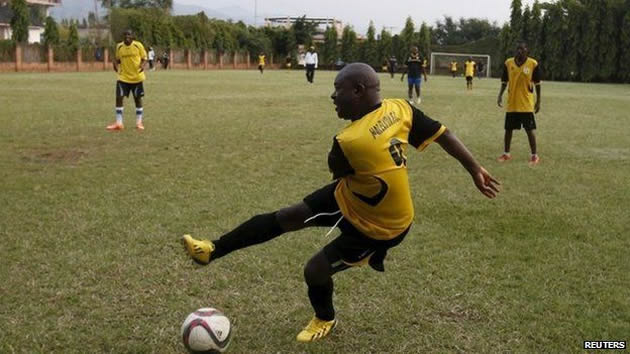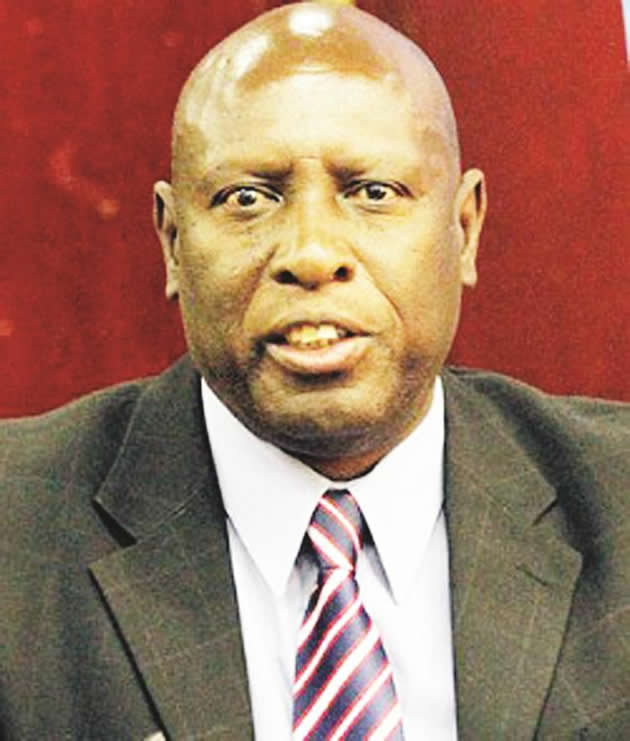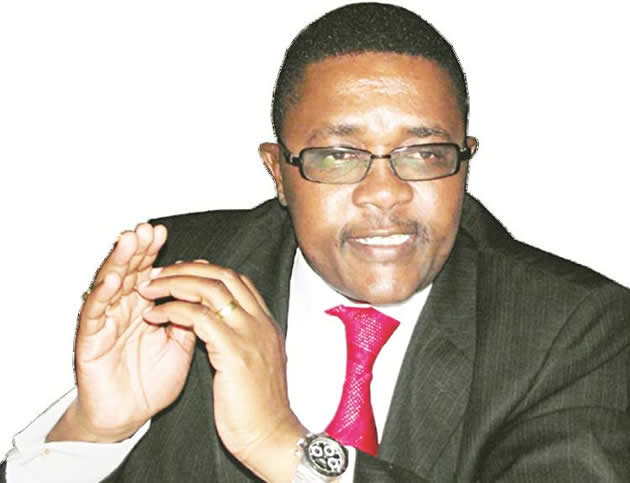Burundi president plays soccer amid protests

Burundi’s President Pierre Nkurunziza has been photographed playing football as protests continue over his bid to run for a third term in office. Nkurunziza was playing in his daily kickabout with friends in the capital, Bujumbura.
In the latest unrest, a protester was shot dead in Bujumbura.
Last week, there was a failed coup against Nkurunziza. Senior officials from both the army and police have been accused of involvement.
The protester was shot in the back by police in the opposition stronghold of Musaga, a witness said.
On Wednesday Nkurunziza said in a speech on state radio that an insignificant part of the capital was experiencing unrest while the rest of Burundi was peaceful. He urged those who have fled the country to return. The UN refugee agency says that more than 105,000 people have fled Burundi into neighbouring countries since the conflict started.
Nkurunziza also announced a 10-day delay for parliamentary elections, which were due to be held next Tuesday.
He made the decision after a recommendation from the electoral commission, a spokesman said. The African Union and the EU had called for a postponement saying there should be dialogue to ease the tension.
The presidential election is due in June.
Nkurunziza’s critics say the third term contravenes the constitution, which requires him to step down after two terms.
Burundi’s Constitutional Court says that Nkurunziza’s first term does not count because he was elected by parliament and not voters.
Meanwhile, Burundi’s defence minister has called for army unity after the failed coup and demanded soldiers hiding “rejoin their units”.
Defence Minister Emmanuel Ntahonvukiye, a civilian named on Monday after his predecessor was sacked, made the appeal alongside the army chief of staff Prime Niyongabo late on Wednesday, according to a statement.
“The survival of Burundi as a nation depends on the cohesion of the army,” the statement read, warning that should the military splinter, it would result in a situation as seen in war-torn Somalia.
Troops were also told “not to interfere in the management of political affairs, avoid any form of violence, and respect human rights and the principles of international humanitarian law”.
One week after a coup led by a top general was crushed — with soldiers fighting each other on the streets — security forces this week have battled to end the anti-government protests against Nkurunziza’s bid for a third term in power that have been raging in parts of the capital since late April.
More than 20 people have died in weeks of clashes with security forces that halted during the coup attempt, but the protests resumed this week.
The leader of coup attempt, General Godefroid Niyombare, has gone on the run after escaping capture, but 20 soldiers involved were arrested.
Some soldiers were “manipulated” into taking part, the statement added, calling for those in hiding to return to their units. Burundi’s 13-year civil war between the former Tutsi-dominated army and Hutu rebels — made of up several sometimes competing factions — ended in 2006, leaving some 300,000 dead.
As part of the Arusha Agreement in 2000, which paved the way for a final peace, the army and police were to be reformed with equal numbers of Tutsi and Hutu, in a country where Hutus make up some 85 percent of the population.
But the army statement said that the coup bid was “carried out by a group of mutineers and had no ethnic connotations”.
In the days immediately after the coup bid, it was soldiers rather than police who were mainly deployed to end demonstrations and who are seen by many protesters as being more neutral. However, police were seen on Wednesday returning to stem the protests.
Some accuse the police of backing the ruling party’s Imbonerakure youth group, a powerful force described by the UN as a militia and accused of a string of abuses and killings. In a related incident humanitarian agencies are struggling to cope as tens of thousands of Burundian refugees stranded on Kagunga Island in Tanzania face worsening medical conditions.
Unicef officials said yesterday that conditions at Kagunga were “tough” and that a cholera outbreak had made conditions even more dire.
At least 33 people have died, with 27 deaths believed to have been cholera related. The World Health Organisation declared cholera a Level 1 Emergency in the region on Wednesday.
“It’s very, very tough in Kagunga, and our focus now is to try and save those living in these very poor conditions,” said Thomas Lyimo, a health officer at Unicef.
More than 100,000 people have crossed into Tanzania since political unrest began in Burundi on April 26. At last count, some 70,000 refugees were still in Kagunga, awaiting to be transferred to the Nyarugusu camp outside Kigoma.
Burundi refugees flee to neighbouring Tanzania.
Christopher Kamugusha, programme officer for WHO in Tanzania said it was now a matter of case management and establishing a treatment centre in Kagunga.
“We’ve enough drugs and we’re putting our resources into this and ensuring this doesn’t spread”.
Authorities say there are just 94 latrines for use by the 70,000 people currently in the fishing village of Kagunga. The arrival of so many refugees in a village with a population of no more than 11,000 has overburdened every health and social service facility.
“It’s better than earlier, and it is in a manageable state, but there is so much to be done. — AlJazeera.











Comments